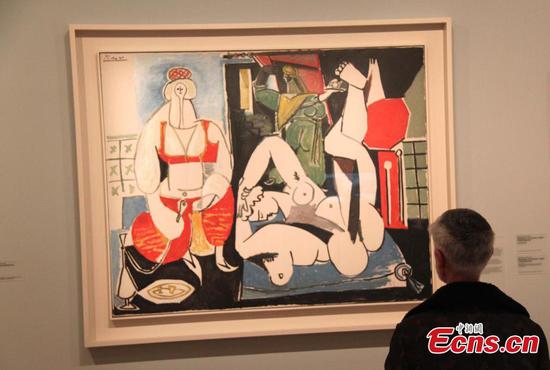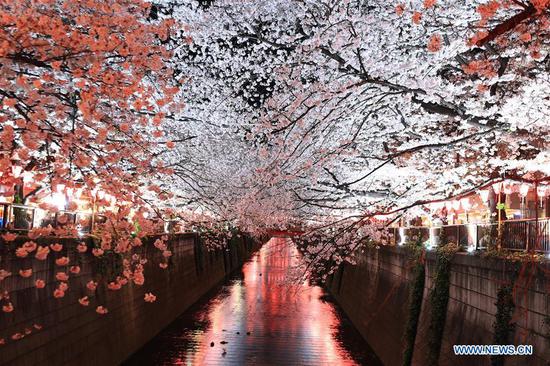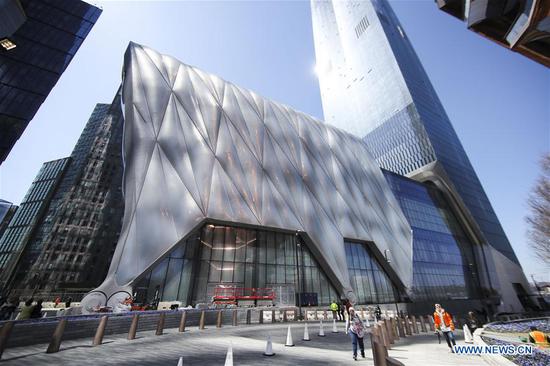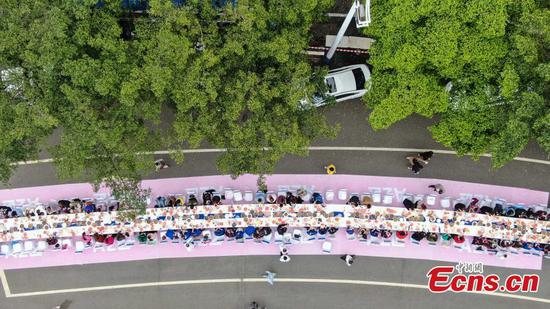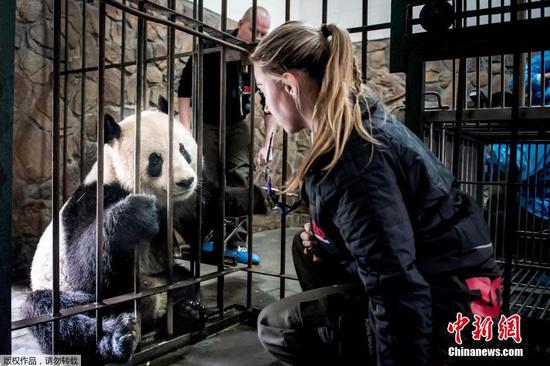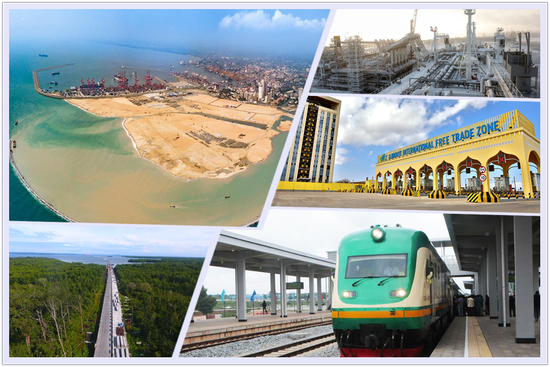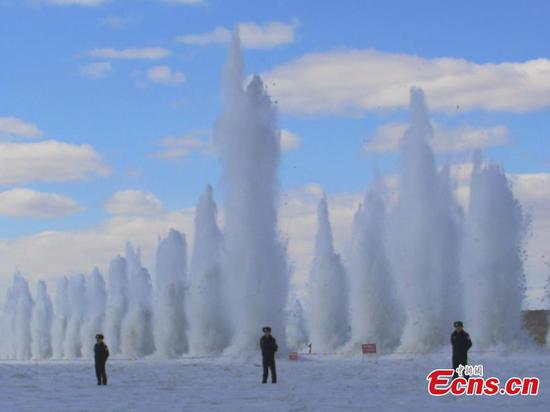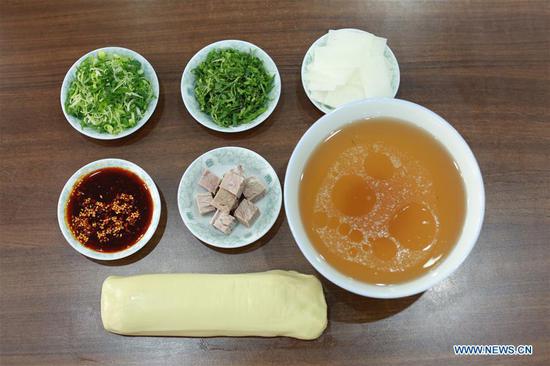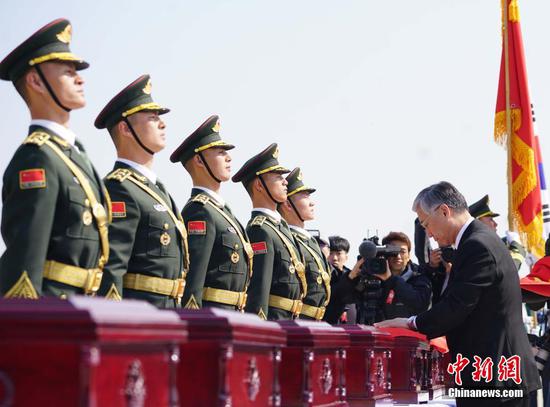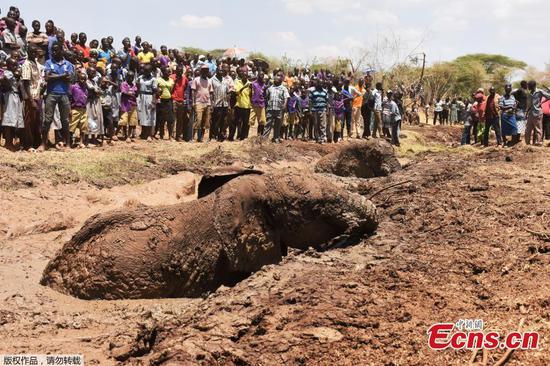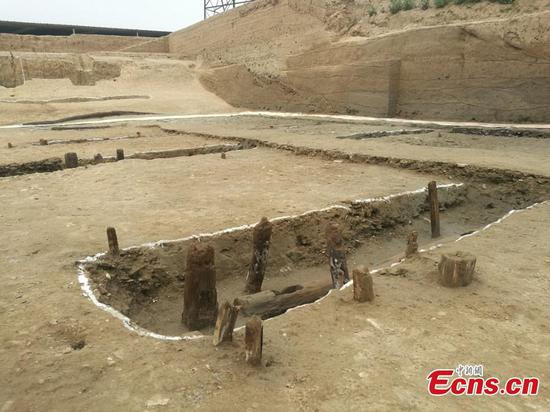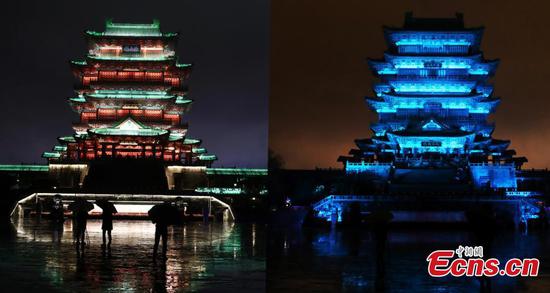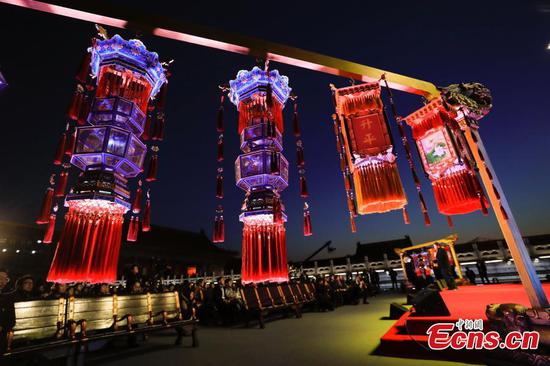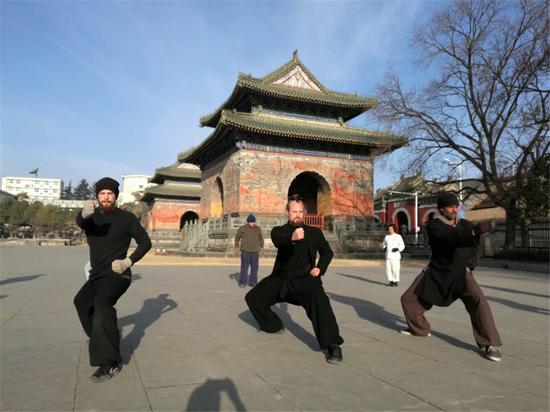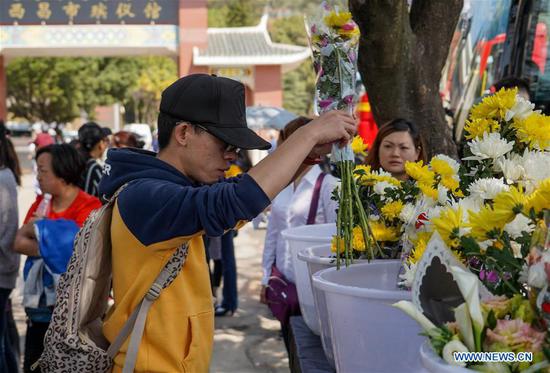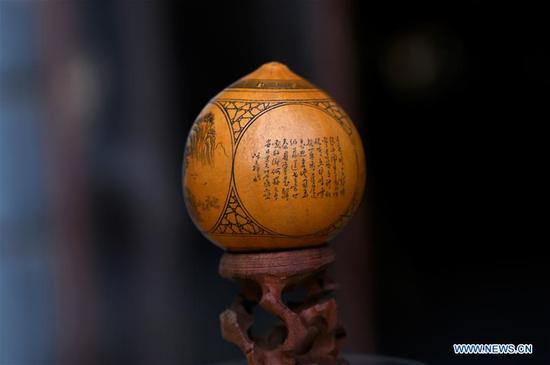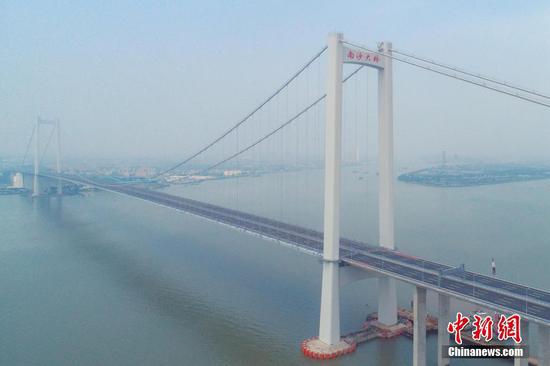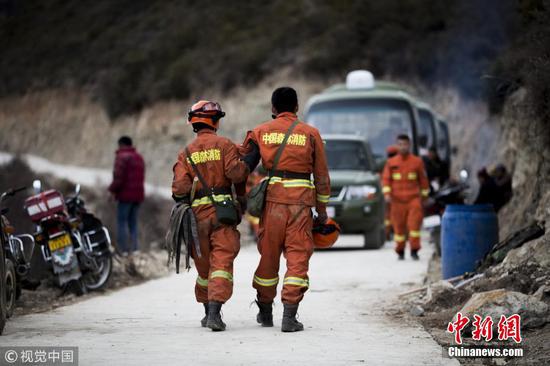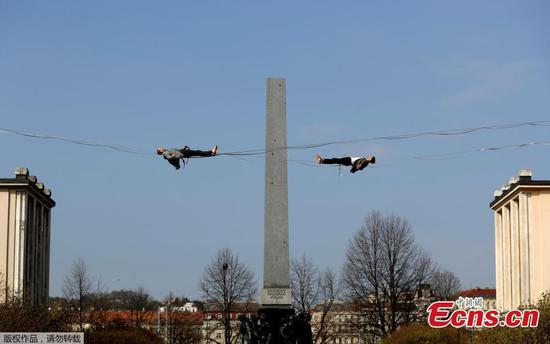
Visitors crowd the Jixian Pavilion to view the West Lake in Hangzhou, Zhejiang province, during the Spring Festival holidays this year. LONG WEI/FOR CHINA DAILY
"I have more freedom to choose more places to travel to and at better timings during my annual leave. I don't have to see large crowds of people."
However, Liu said that there are many unspoken rules that may potentially stop employees from exercising their legal rights.
"Due to company culture, workers who fear falling behind would outperform those industrious colleagues by working hard and hoping to gain an edge for promotion," he said.
"So, they are willing to sacrifice several days of vacation, or even all, for a better career. And when having to choose between keeping the job and taking fully paid vacations, most people may give up the latter."
Enforcing the paid annual leave policy has been a constant and important issue for the central government.
From 2015, the policy had been emphasized in the Government Work Report for three consecutive years. In addition, a 2016 tourism development plan issued by the State Council highlighted that implementation of the paid annual leave policy should be enhanced.
As the full implementation of the paid annual leave policy will be a long-term effort, Liu said that lengthening public holidays would be immediately effective.
"Now, our holidays were set up mainly for the sake of preserving tradition, such as Tomb Sweeping Day and Dragon Boat Festival. They are not for vacation, because they are too short for traveling," Liu said.
"However, in China, employees attach great importance to national public holidays so as to guarantee leisure time due to the inefficient implementation of paid ones in small companies.
"The economic activities of the whole nation come to a standstill during public holidays and it forces workers from different industries to stop working. So, when those companies can't make much profit, it is easier for workers to really take time off," he added.
During the two sessions this year, Xie Jinhong, a deputy to the 13th National People's Congress from Liaoning province, made a proposal to extend the one-day Labor Day holiday to seven days so that workers can have a happier work life.
She said that a good rest can ensure more productivity to do a better job. Also, longer public holidays can boost tourism.
Zhu Lieyu, a lawyer and a NPC deputy from Guangdong province, said that it is a tradition for most people to go home and visit family and relatives during Spring Festival. In that case, workers have just one other seven-day holiday-National Day-for traveling.
He said that it had become too much of a burden for the transportation and tourism industries in October, so he also recommended restoring the seven-day Labor Day public holiday.
Zhou Shihong, a member of the 13th National Committee of the Chinese People's Political Consultative Conference from Anhui province, said that workers should be granted a long holiday in spring.
"Unlike those of just one or three days, holidays should be long enough so that people can relax. Spring days are warm and everything comes back to life and it is comfortable to go on a tour," Zhou said.
"So, Labor Day should be made into a longer holiday because they are important to the social, cultural and mental demands of workers at present."










